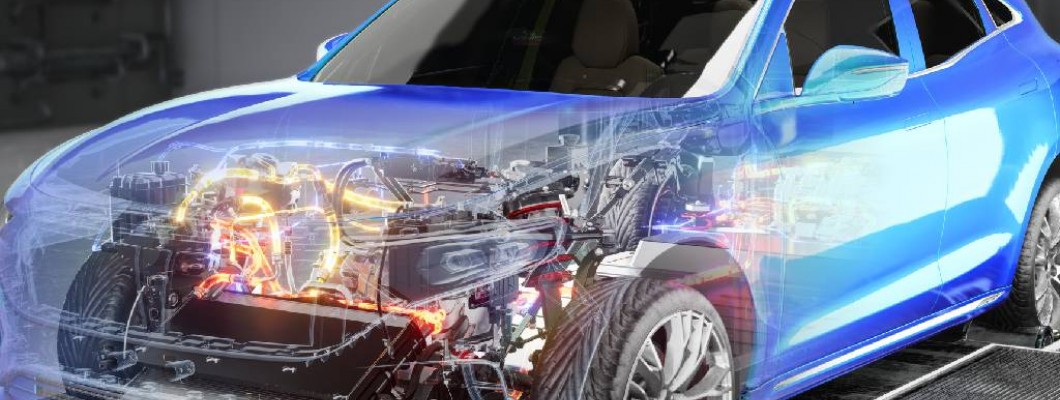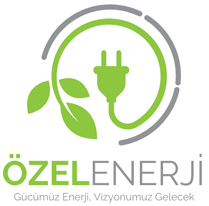Lack of Appraisal Services in Electric Vehicle

Lack of Appraisal Services in Electric Vehicle Trade: Causes and the Need for Solutions
With the increasing adoption of electric vehicles (EVs), the second-hand electric vehicle market is also growing rapidly. However, despite this growth, the number of firms providing reliable appraisal services for EV transactions remains very limited. This situation poses risks for both buyers and sellers.
So, why is EV appraisal service so limited? Here are the main reasons:
1. Lack of Training
Electric vehicles have a technology completely different from internal combustion engine vehicles. They require expertise, especially in battery management systems, high-voltage safety, and electric motor testing. In Turkey and many other countries, there are not enough trained technicians in these areas. Appraisal firms are also hesitant to enter the EV sector due to this knowledge gap.
2. Lack of Equipment
Detailed appraisal of electric vehicles requires specialized measurement and testing equipment. High-voltage safety gear, battery testing devices, thermal camera systems, and charging system analysis tools are not only expensive but also limited in availability. For this reason, many appraisal firms avoid making the necessary investments.
3. Lack of Devices to Check Battery Modules
The most expensive and critical component of an electric vehicle is its battery. However, most existing appraisal firms do not have professional devices capable of assessing the health of battery modules. Without these devices, it is impossible to determine battery capacity, charge-discharge cycles, and potential cell failures. This prevents buyers and sellers from making realistic valuations.
4. Market Uncertainties
There is still no clear standard for the second-hand market value of electric vehicles. Factors such as battery life, warranty coverage, software updates, and spare part costs cause confusion in pricing. This uncertainty makes it difficult for appraisal firms to enter the EV sector.
The lack of reliable appraisal services in EV transactions leads to trust issues in the market. Training qualified personnel, investing in necessary equipment, and spreading the use of battery testing devices will be critical steps in solving this problem. Moreover, establishing valuation standards in the second-hand EV market will increase confidence for both buyers and sellers.
If you operate in the appraisal sector, investing in infrastructure for electric vehicles to fill this gap could be one of the biggest business opportunities of the future.
For more information on this topic, contact us.

Leave a Comment